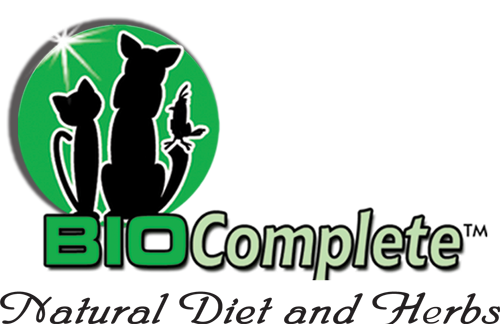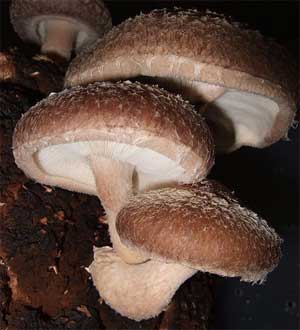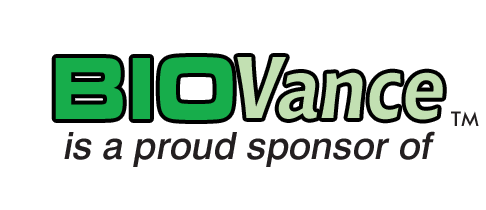
Shiitake Mushroom

Herb Info
They have high levels of protein, potassium, niacin and B vitamins, calcium, magnesium, and phosphorus. Natural antiviral and immune boosting properties, lowers cholesterol, and regulates blood pressure. Has been used to treat cancer, AIDS, diabetes, and chronic fatigue syndrome.
Herb Description
BIOComplete Organic Shiitake Mushroom Profile
Also known as: Lentinula edodes, Oriental Black mushrooms, Forest mushrooms, Chinese mushrooms.
Introduction:
The health giving properties of shiitake mushrooms have been prized in traditional Chinese medicine for over 6,000 years. The Asian fungi were mentioned in some of the earliest medical texts known for their health-giving properties. The Chinese believe that shiitake are more like animals than plants, and are even thought to have a social aspect to their lives. They do not grow wild in the US, and are native only to parts of Asia, but have been cultivated in the US extensively in the past few decades. In the 1930's the Japanese developed a way to cultivate them using saw cuts in wood, and by drilling holes in cut wood. They have since become the second most cultivated mushroom in the world. There has been an even faster method of cultivation developed using sawdust blocks, but these are considered to be inferior to the others, selling for as much as 10 times less on the market. They have grown more popular in the US as the general population have embraced ethnic cooking, particularly Asian flavors, and their popularity has only been helped by the growing medical reports that various constituents in shiitake and other Asian mushrooms provide a number of healthy benefits. Among those benefits are ones that address some of the most common health concerns today. The various nutrients found in shiitake mushrooms have been tested in animal and in vitro studies and found to reduce cholesterol, inhibit the growth of cancer cells, and contain the highest concentration of a potent antioxidant of any other food tested.
Constituents:
lentinan, eritadenine, iron, vitamin C, protein, L-ergothioneine, thiamine, riboflavin, niacin, B2, B12, and high levels of vitamin D.
Parts Used: Fungus (whole mushroom)
Typical Preparations:
Eaten raw, cooked or reconstituted from dried mushrooms, shiitake mushrooms can be added to soups and sauce and sauteed with vegetables, meat or tofu or eaten in salads. Also used as a tea, in capsules and as an extract.
Summary:
Shiitake mushrooms have been prized for thousands of years for both their smoky, rich flavor and their health-giving properties. Modern medicine has confirmed that the constituents in shiitake mushrooms can be beneficial in fighting cholesterol and its related ills, and may help reduce the risk of cancer as well as encouraging the growth of natural cancer fighting cells in the body. As a food, Shiitake mushrooms have all eight essential amino acids in a higher, more condensed proportion than soy beans, meat, milk or eggs.
Precautions:
If you are prone to gout or kidney stones, or any other health condition related to uric acid, it's best to limit your intake of shiitake mushrooms as they contain a substance, purine, which can be broken down to form uric acid.
This information has not been evaluated by the Food and Drug Administration.
This information is not intended to diagnose, treat, cure, or prevent any disease.
For educational purposes only.

